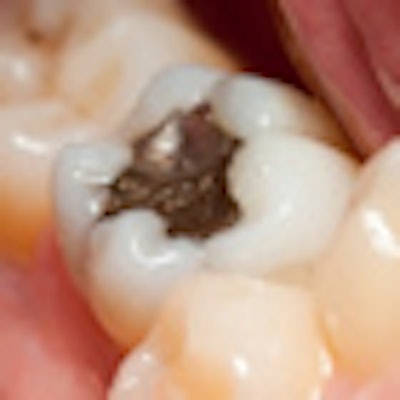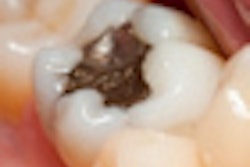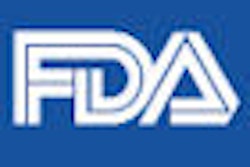
Fresh challenges to the use of dental amalgam in Europe may arise following the release next month of a new European Commission report that is expected to recommend a phase out of amalgam. Some countries are already moving in that direction.
At present, the EC's position is that dental amalgams and various alternative materials are considered effective and safe to use, based on a 2008 assessment by the Scientific Committees on Emerging and Newly Identified Health Risks (SCENIHR) and the Scientific Committee on Health and Environmental Risks (SCHER).
But in a preliminary report published online in July, Bio Intelligence Service (BIOIS) -- the French environmental and health consulting firm tasked with producing the EC report to be released in March -- recommended phasing out mercury amalgam dental restorations throughout Europe.
“There is no project aimed at banning dental amalgams so far.”
— Julie Aurnaud, European
Commission press officer
Even so, "There is no project aiming at banning dental amalgams at the European level so far," Julie Aurnaud, press officer for the French representation of the EC, told DrBicuspid.com in an e-mail. "The commission will take a position on dental amalgams once the results are analyzed."
Currently in the EU, Denmark and Sweden have banned dental amalgam altogether, and Germany and Norway have restricted its use. The U.K. and France have done neither, although the new EC report could change France's position on the restorative material since it is already viewed unfavorably by many there, according to a recent article in the Guardian.
"France's 40,000 dentists use it less and less for two reasons: The fuss about mercury has made them cautious, but also for reasons of appearance," Michel Goldberg, spokesman for the French Dental Association, told the Guardian.
Mercury phase down
The EC has been working to reduce mercury exposure to humans since the completion of a 2005 Extended Impact Assessment by the EC's Directorate-General Environment of the Commission Services. That report contained a 20-point plan for limiting emissions, reducing supply and demand, protecting people from exposure, developing a better understanding of the problems mercury poses, and promoting international action.
More recent reports on the matter call for greater use of amalgam separators and more research into the impact of amalgam on health. BIOIS' preliminary report does acknowledge SCENIHR/SCHER's opinion that amalgam is safe. However, BIOIS also proposes a ban as a potential action and suggests that the conclusions of the SCENIHR/SCHER report could be revised and reassessed to support such a ban. It also notes the importance of taking into account information gaps highlighted in the 2008 assessment.
In its preliminary report, BIOIS weighed the potential impact of legislation banning dental amalgam on providers and patients, including costs, the life span of alternative restoratives, and environmental concerns. Ultimately, it sees caries prevention as a key strategy going forward.
BIOIS also referenced a December 2008 EC study, Options for reducing mercury use in products and applications, and the fate of mercury already circulating in society, conducted by Consultancy within Engineering, Environmental Science and Economics (COWI). According to BIOIS, COWI concluded that there is "sound basis for concluding that dental amalgam ... should be seriously considered for further restrictions."
BIOIS also believes that changing the guidelines for the exportation of elemental mercury should be considered. The EU is the world's largest exporter of mercury, and although a ban on exportation begins on March 15, 2011, an exception for medical usage exists for amalgam. There is concern that in some countries it is purchased under the guise of medical use and diverted to small-scale mining, BIOIS noted. Extending the ban to medical usage is suggested as an option, the organization concluded.



















